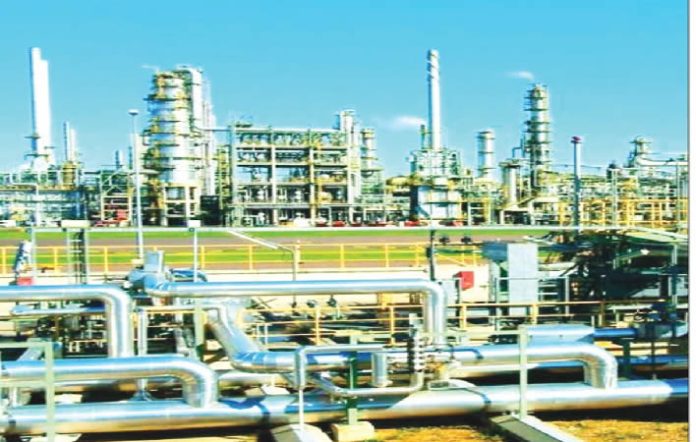AFRICA’S richest man, Aliko Dangote is seeking to raise billions of dollars to step up crude oil supplies for his $20 billion oil refinery in Lagos.
According to a recent report, the Dangote Group founder is in talks with commercial lenders, development banks, oil majors and other industry participants to raise funds for crude supplies to turn into refined products.
The Africa Finance Corporation (AFC), a pan-African development lender in Nigeria that is already an investor in the project, is one of the institutions involved in the talks to raise money. In December 2023, the AFC led a financing round for funds to source the initial capital to get the refinery up and running as a commercial operation.
Quoting people familiar with the matter, FT said it would cost the Dangote refinery about $2 billion every 90 days to secure a minimum supply of 300,000 barrels per day. A banker involved in the fundraising told the publication that investors have expressed frustration at Dangote’s inability to gain a steady supply of crude.
Another banker added that there was also a major concern among potential financiers over exposure to Nigeria’s currency, the naira, which has fallen sharply following two devaluations over the past year.
“The refinery may never make a profit in real terms”, said a source. “It was built over-budget and the naira, which is a major currency of future revenue, has devalued massively.” According to FT, Africa’s richest man needs to secure more crude to reach the refinery’s capacity of 650,000 barrels per day for a project he has said is a “game changer” for the country.
The report said the billionaire, in October, expected the refinery to be at capacity by the second quarter (Q2) of 2025, although previous targets have often slipped.
“Dangote added that Nigeria’s biggest infrastructure project in decades and the largest of its kind in the world is already producing 420,000 b/d,” the report said.
“He wants to resolve what he describes as an ‘absurd’ situation in which Africa’s biggest oil producer imported all of its refined petroleum products because of a lack of refining capacity.”
Devakumar Edwin, a senior executive at the group, also told Financial Times that in July, the refinery bought crude from the United States and Brazil, and was in talks with African suppliers such as Libya and Angola.


